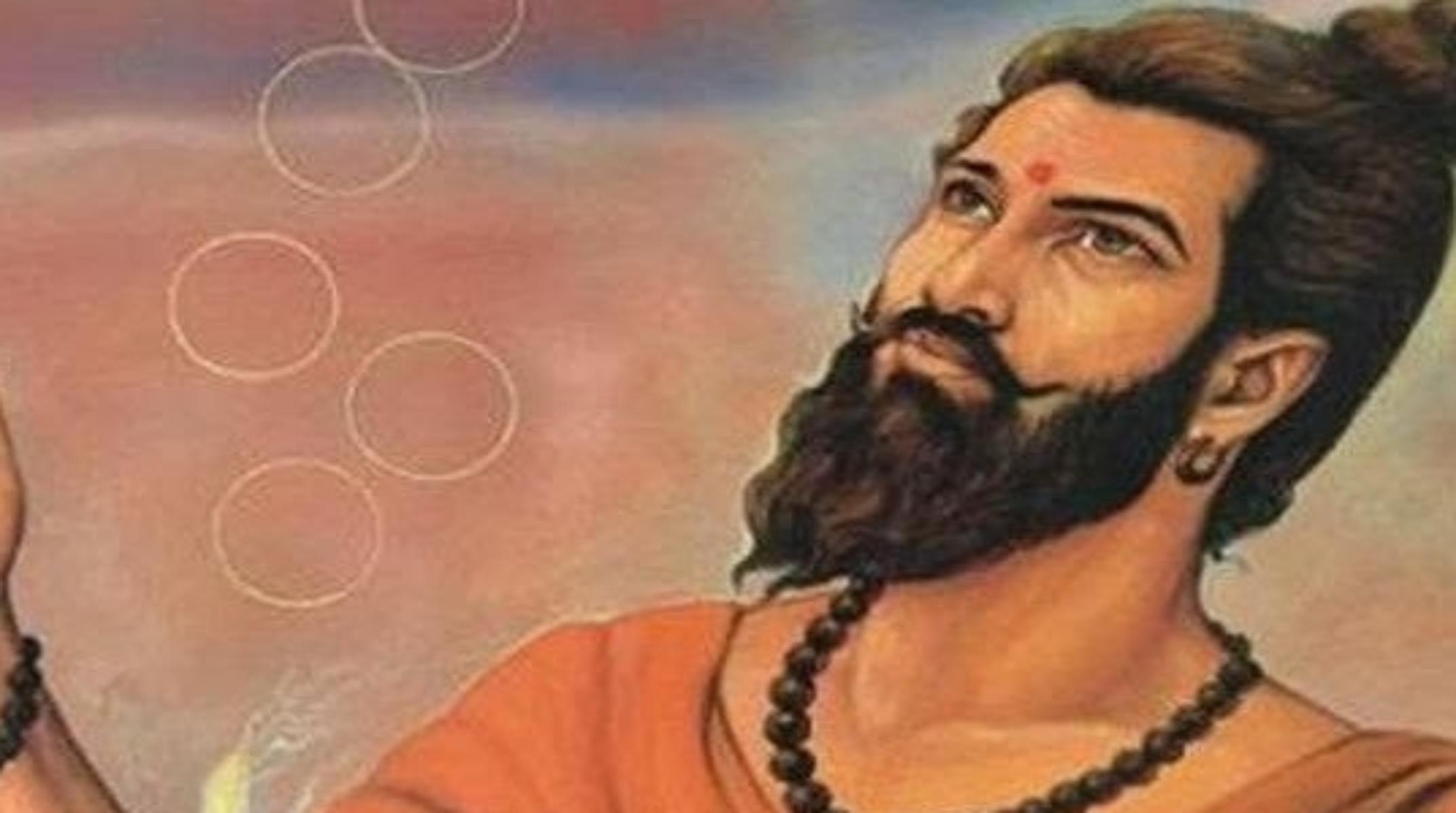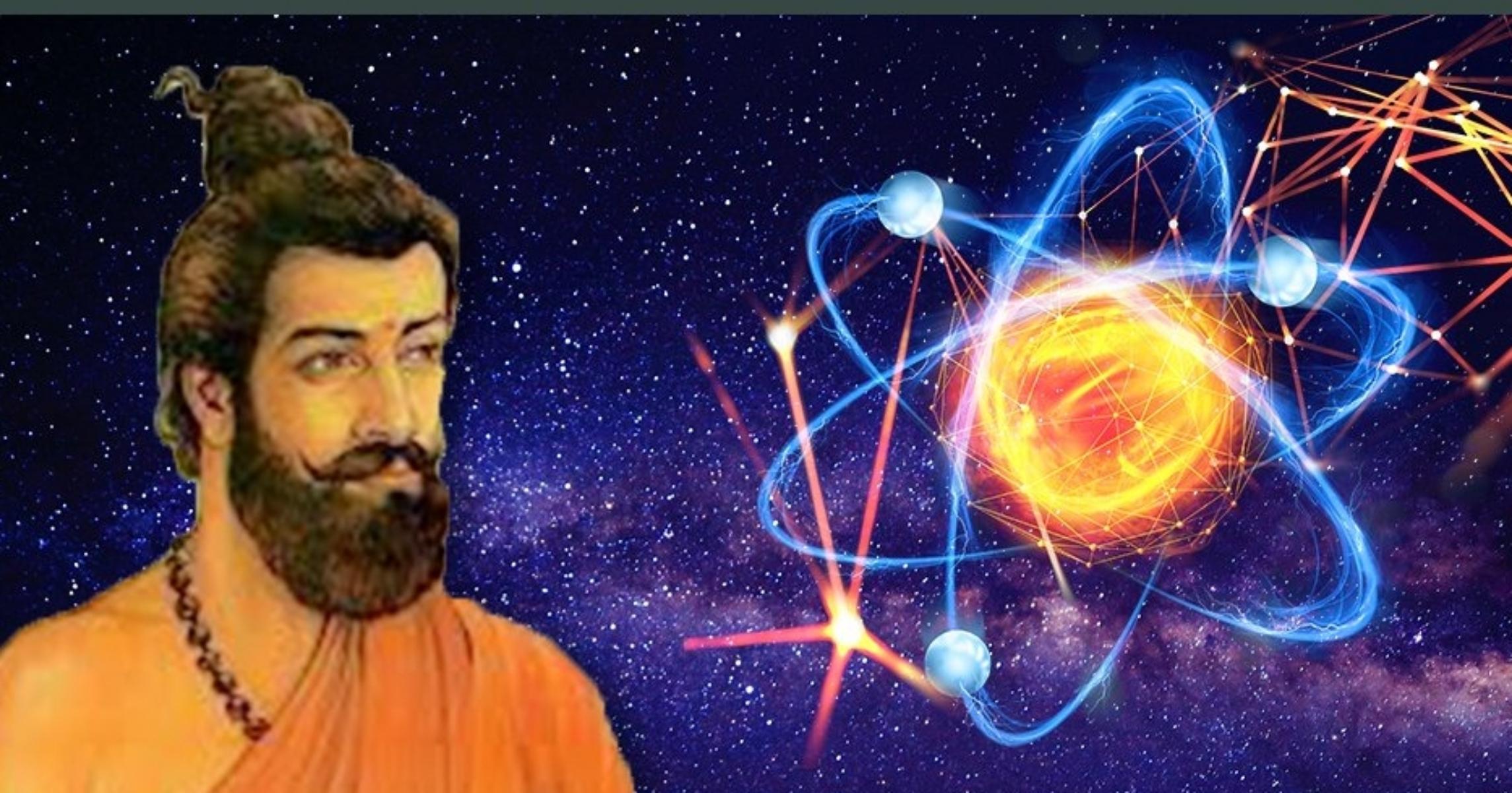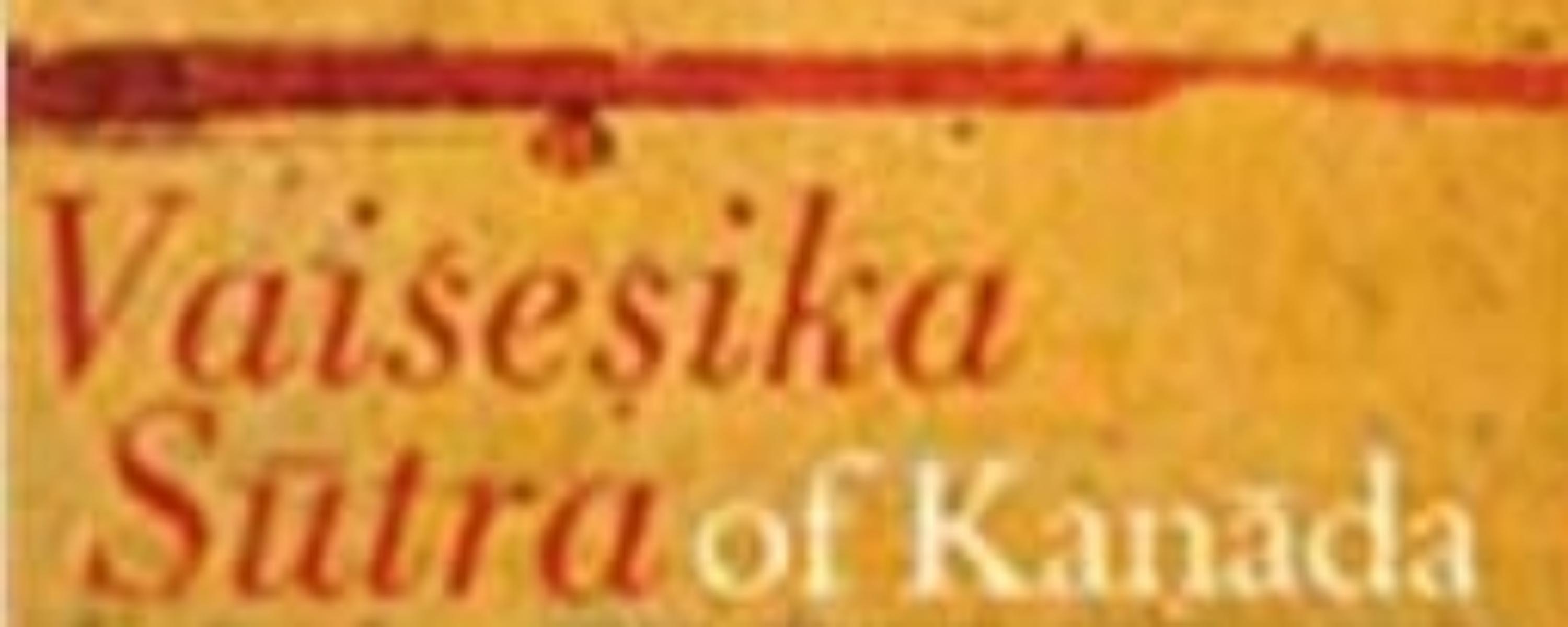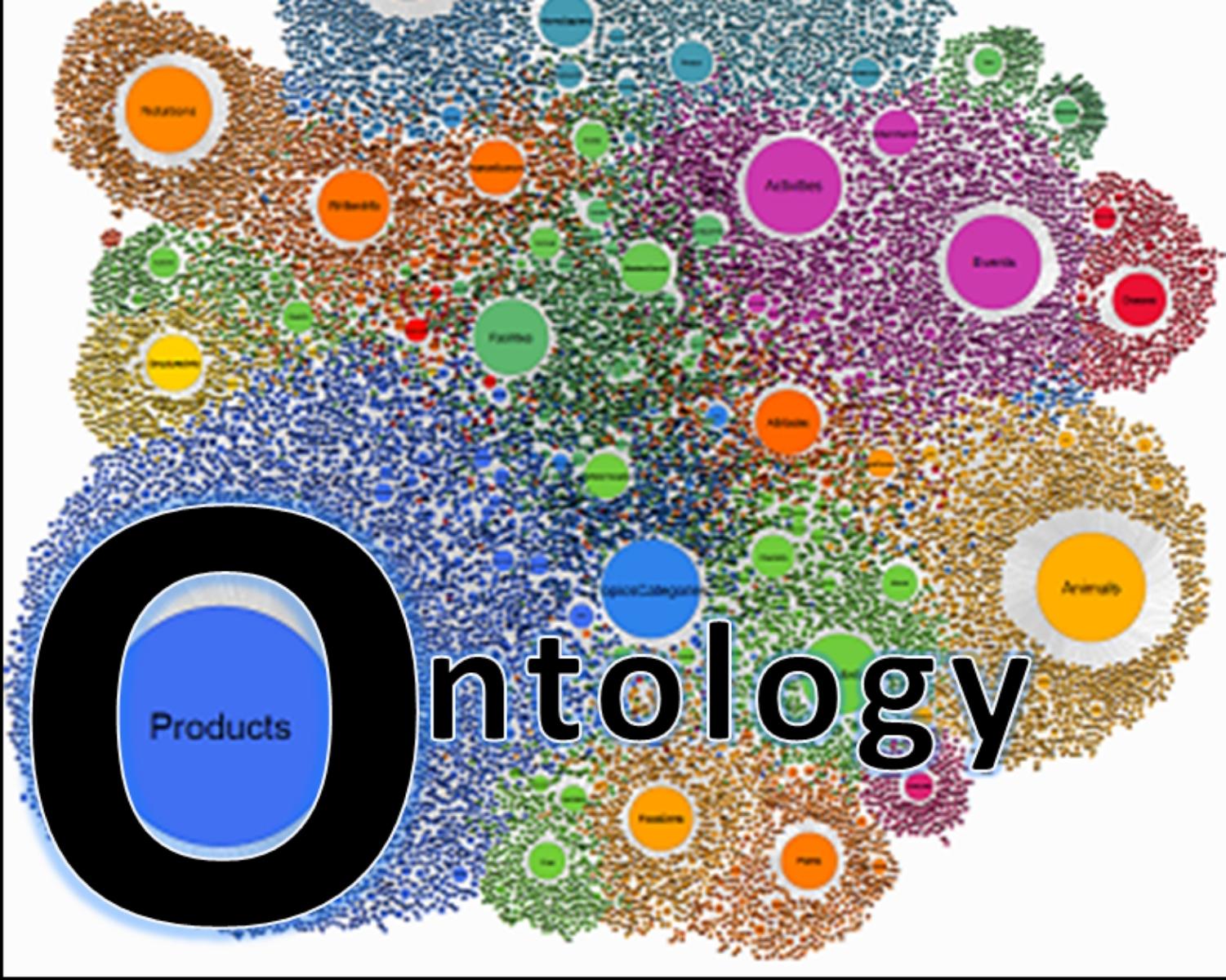Acharya Kanada: The Father of Atomic Theory
Curated from: sanskritimagazine.com
Ideas, facts & insights covering these topics:
13 ideas
·1.15K reads
13
Explore the World's Best Ideas
Join today and uncover 100+ curated journeys from 50+ topics. Unlock access to our mobile app with extensive features.
7. Acharya Kanada
Modern science credits the atomic theory to an English chemist and physicist named John Dalton (1766-1844). However, not many people are aware that a theory of atoms was formulated approximately 2500 years before Dalton by an Indian sage and philosopher named Acharya Kanada.
Acharya Kanada, originally known by the name of Kashyap, is believed to have been born either around 600 BC or 800 BC in Prabhas Kshetra near Dwaraka in present day Gujarat, India. He was the son of a philosopher named Ulka.
30
255 reads
Acharya Kanada's Childhood
Kashyap displayed a keen sense of detail since childhood and minute things attracted his attention.As a young boy, he once accompanied his father on a pilgrimage to Prayaga. He noticed that thousands of pilgrims in the town were littering its roads with flowers and grains of rice which they offered at the temples by the shore of river Ganges.
Fascinated by the tiny particles, Kashyap began collecting the grains of rice from the ground while everyone else was busy offering prayers or bathing in the Ganges.
Noticing this behaviour from a boy of a well-to-do family, an inquisitive crowd gathered
28
138 reads
....
around him and started wondering why he was acting in such a strange manner.
When questioned about why he was collecting grains of rice that even a beggar wouldn’t touch,Kashyap replied that one grain in itself may seem worthless but a collection of some hundred grains make up a person’s meal.
The collection of many meals would feed an entire family and ultimately the entire mankind was made up of many families.And for this reason alone,a single grain of rice was as important as all the riches in the world.People started calling him Kanada after this incidence as ‘kan’the smallest particle.
28
101 reads
Anu (Atom) Indestructible Particle
It was Kanada who first realized the idea that “anu” (atom) was an indestructible particle of matter.
This theory occurred to him while he was walking with food in his hand. As he nibbled at the food in his hand, throwing away the small particles one by one until he was unable to break it down anymore and it left a smell on his hands. He realized that he could not divide the food into further parts and the realization of a matter which cannot be divided further came into existence.
28
95 reads
Vaisheshika School And Vaisheshika Sutra
He called this indivisible matter, “anu” which literally means atom. He founded the Vaisheshika School of philosophy where he taught his ideas and the nature of the universe. He authored the text “Vaisesika Sutras” or Aphorisms, pioneering theatomic theory, describing dimension, motion and chemical reactions of atoms.
Acharya Kanada considered the atom minute objects invisible to the naked eye which come into being and vanished in an instant; they were indestructible and hence eternal.
28
86 reads
Kanada's Atomic Theory
Adherents of this philosophy further held that atoms of same substance combined with each other to produce dvyanuka (bi-atomic molecules) and tryanuka (tri-atomic molecules). This devinuka has the properties similar to those of the two original paramanu. Kanada also put forward the idea that atoms could be combined in various ways to produce chemical changes in presence of other factors such as heat. He gave blackening of earthen pot and ripening of fruit as examples of this phenomenon.
28
76 reads
Gurutva ( Gravity)
His primary area of study was Rasavādam, considered to be a type of alchemy. He is said to have believed that all living beings are composed of five elements: water, fire, earth, air, ether. Vegetables have only water, insects have water and fire, birds have water, fire, earth and air, and Humans, the top of the creation, have ether—the sense of discrimination (time, space, mind) are one. He theorized that Gurutva (Hindi/Sanskrit for Gravity) was responsible for the falling of objects on the Earth.
28
61 reads
7 States Of Material Things
Accordingly, the universe is the interplay of seven aspects or states of material things, namely:
- Dravyam (matter)
- Guna (Quality)
- Karma (Action)
- Samanya (Generic species)
- Vishesha (Unique trait)
- Samavaya (Inherence or integrated part of the whole), and
- Abhava (Non-existence)
29
69 reads
Dravyam (matter) is again subdivided into nine aspects:
- Prithvi (Earth)
- Jala (Water)
- Teja (Light)
- Vaayu (Gas)
- Aakaasa (Ether)
- Dika (Direction / space dimension)
- Kaala (Time)
- Maanas (Mind)
- Atma (Soul)
Kanada defined‘life’ as an organized form of atoms and molecules and ‘death’ as an unorganized form of those atoms and molecules.
30
53 reads
Systematic Realist Ontology
The school founded by Kanada explains the creation and existence of the universe by proposing an atomistic theory, applying logic and realism, and is one of the earliest known systematic realist ontology in human history.
Kanada suggested that everything can be subdivided, but this subdivision cannot go on forever, and there must be smallest entities (parmanu) that cannot be divided, that are eternal, that aggregate in different ways to yield complex substances and bodies with unique identity, a process that involves heat, and this is the basis for all material existence.
28
49 reads
Concept Of Atman
He used these ideas with the concept of Atman (soul, Self) to develop a means to moksha. If viewed from the prism of physics, his ideas imply a clear role for the observer as independent of the system being studied.
Kanada's ideas were influential on other schools of Hinduism, and over its history became closely associated with the Nyaya school of Hindu philosophy.
28
63 reads
Influence And Mentions
Multiple Hindu texts dated to the 1st and 2nd century CE, such as the Mahavibhasa and Jnanaprasthana from the Kushan Empire, quote and comment on Kanada's doctrines.His ideas are also mentioned in Buddhist texts attributed to Aśvaghoṣa of the same period.
In Jainism literature, he is referred to as Sad-uluka, which means "the Uluka who propounded the doctrine of six categories".His Vaisheshika philosophy similarly appears with alternate names, such as "Aulukya philosophy" derived from the nickname Uluka (literally owl, or grain eater in the night).
28
53 reads
...
Kanada was influential in Indian philosophies, and he appears in various texts by alternate names such as Kashyapa, Uluka, Kananda, Kanabhuk among others.
The ideas of Kanada span a wide range of fields, and they influenced not only philosophy, but possibly scholars in other fields such as Charaka who wrote a medical text that has survived as Charaka Samhita.
National Aeronautical Laboratory in Bangalore runs a science magazine in this great philosopher’s name called Kanada.
28
53 reads
IDEAS CURATED BY
卐 || एकं सत विप्रा बहुधा वदन्ति || Enthusiast || Collection Of Some Best Reads || Decentralizing...
अर्हम् Arham's ideas are part of this journey:
Learn more about philosophy with this collection
Cultivating a growth mindset and embracing challenges
Developing adaptive thinking and problem-solving skills
Effective learning frameworks and approaches
Related collections
Similar ideas
2 ideas
What is an Atom?
livescience.com
23 ideas
21 Contribution of India to world
audiobookmc.blogspot.com
2 ideas
Read & Learn
20x Faster
without
deepstash
with
deepstash
with
deepstash
Personalized microlearning
—
100+ Learning Journeys
—
Access to 200,000+ ideas
—
Access to the mobile app
—
Unlimited idea saving
—
—
Unlimited history
—
—
Unlimited listening to ideas
—
—
Downloading & offline access
—
—
Supercharge your mind with one idea per day
Enter your email and spend 1 minute every day to learn something new.
I agree to receive email updates






